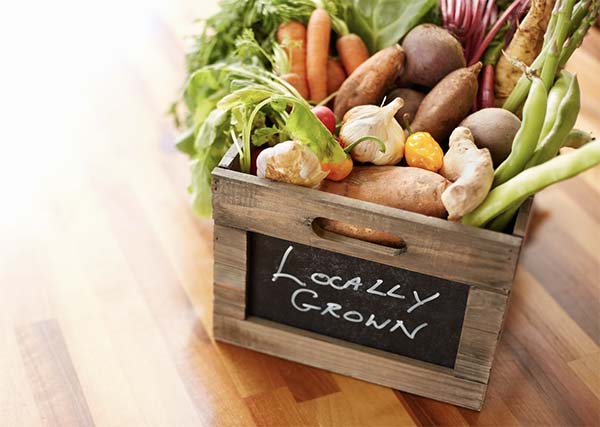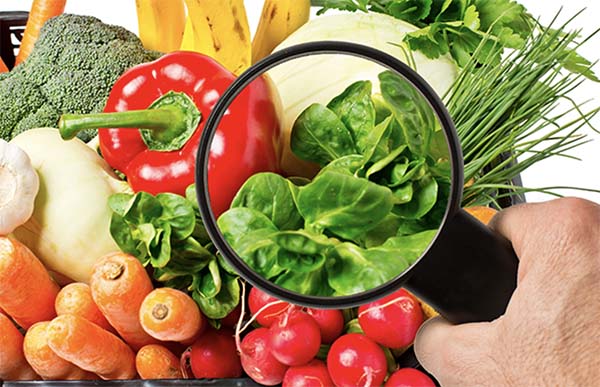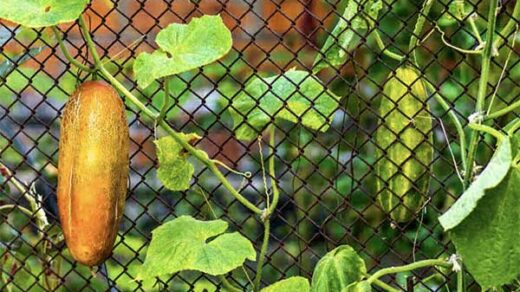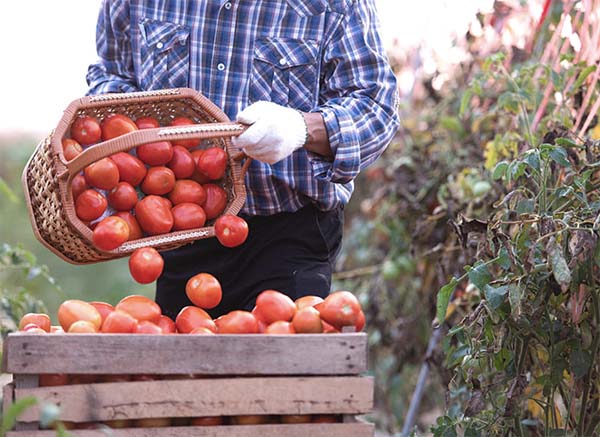Localized food systems can empower communities that often face food scarcity. Farmers and backyard gardeners who comply with food safety rules can participate. Getting food from local sources is more affordable, healthier, and better for the local economy.
In this article, I share more about local food systems. You’ll learn what they are, the benefits they hold, and why they are essential.
What Are Local Food Systems?
Local food systems manage the route between producers and consumers. They determine where food comes from, how far it travels, and what impact the steps between the food source and end destinations have on it.
These systems are designed to promote local food industries and increase access to healthy foods.
The Benefits of Local Food Systems
Local food systems have several plus points. If a working system is in place, farmers and consumers can benefit alike.
Benefits for Farmers: Local food systems ensure local food producers can sell their products. They connect farmers and entrepreneurs gardeners with a market.
Benefits for Consumers: A local food system that works will ensure you have access to fresh, high-quality produce. You’ll know where your food comes from and how it was cultivated.
Benefits for the Community: Another good thing about local food systems is their impact on communities. If money circulates within a community, it strengthens.
Educational Benefits: There are many educational benefits that sprout from local food systems. Community members and schools often have the opportunity to visit farmers and learn more about food production.
Affordable Foods: Local food systems reduce the costs of transporting food, making it more affordable.
Healthy Foods: Local farmers produce food on a smaller scale and typically don’t use as much synthetic fertilizer and pesticides. The food from these sources are also fresher.
The Importance of Local Food Systems
Local food systems are gaining popularity for a good reason. Communities with these in place experience better civic engagement, improved economic statuses, and climate resilience.
Residents can participate in local food systems. The importance of these roles are significant, especially in communities where crime is high. Community members who contribute to food systems feel worthy. Giving people who feel lost an important role that benefits their environment empowers them to do better.
Local food systems also offer better support for those providing products and those buying them. Community feedback plays a significant role, and while issues raised and suggestions brought forward often get lost in big markets, local food systems listen.
The Cons of Local Food Systems
Unfortunately, local food systems have some drawbacks. Here are a few:
- Since produce sold in local food systems isn’t treated artificially, they tend to spoil faster. While buying fresh is always better, you’ll either have to use the produce within a few days or preserve it.
- If there aren’t many local farmers, the variety of produce available won’t be broad. The food system might also run out of available goods faster.
- Local food systems can contribute to local ecological damage. Farmlands can produce greenhouse gasses, and livestock is a big culprit.
How to Start A Local Food System
If the benefits of a local food system are appealing, you can start one in your community. Every small step contributes to the bigger picture, so don’t be afraid to start at the bottom! Here are some ideas to think about:
- Put a call out for local farmers and gardeners to start selling their goods within online community groups.
- Organize a farmer’s market once a month where residents can easily access it.
- Start an order-and-deliver service in your community. Take hands with local farmers and other growing crops to get fresh food to those wanting it.
- Talk to local store owners about using farmers from surrounding areas to fill their shelves.
- Ask around your neighborhood and get feedback about how a local food system could benefit them. Find out which ideas other members have and brainstorm to create a solution that’ll work best in your community.
In Ending
Local food systems can benefit an entire community if organized and run properly. Getting started might take some work, but it’s definitely worth it! These systems empower producers and consumers while building the local economy.



